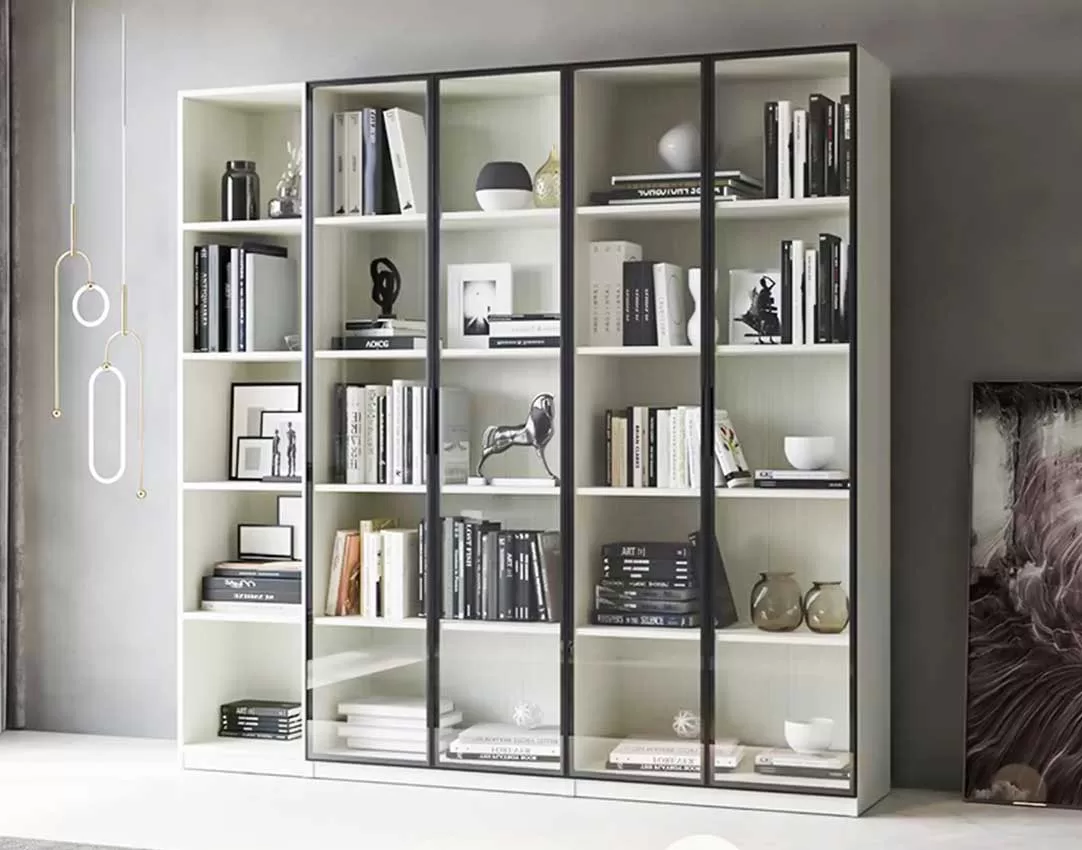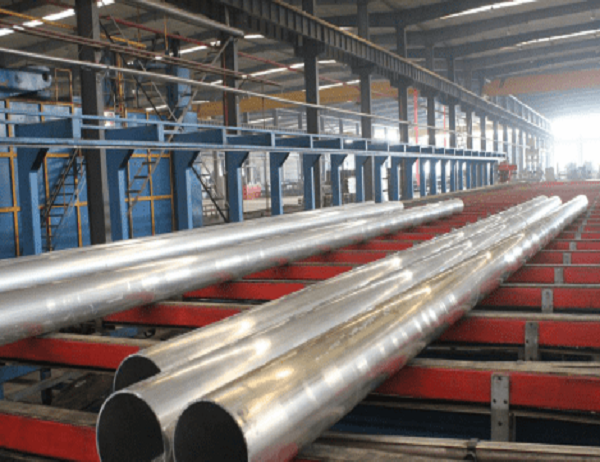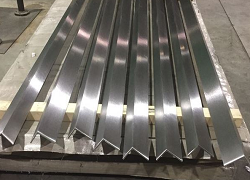Designing Rooftop Solar Systems with Aluminum Profiles: Engineering for Efficiency and Durability
The burgeoning demand for renewable energy solutions has propelled the development of innovative rooftop solar systems, empowering homeowners and businesses to harness the sun’s energy for sustainable power generation. Aluminum profiles emerge as a game-changer in this realm, offering a range of advantages that optimize system efficiency and durability. This article delves into the intricate world of designing rooftop solar systems with aluminum profiles, exploring the technicalities, benefits, and considerations involved in this cutting-edge approach.
System Compatibility and Structural Integrity
Aluminum profiles seamlessly integrate with various solar panel models, allowing for flexible system configurations. Their lightweight construction facilitates easy handling and installation, minimizing labor costs and timeframes. Moreover, aluminum’s inherent strength ensures the structural integrity of the system, withstanding diverse weather conditions, including high winds and extreme temperatures.
Enhanced Energy Yield and Ventilation
The anodized coating of aluminum profiles reflects sunlight, reducing thermal absorption and maximizing power generation. The profiles’ open design allows for natural ventilation, dissipating heat and preventing overheating, which could compromise panel efficiency. This optimal temperature regulation enhances energy yield and extends the lifespan of the system.
Ease of Installation and Maintenance
Aluminum profiles are designed for quick and efficient installation, utilizing standardized components that reduce assembly time. The lightweight nature of aluminum enables the installation of larger systems on rooftops without compromising structural integrity. Regular maintenance is a breeze, with easy access to components for cleaning and repairs, ensuring impeccable performance over the system’s lifetime.
Durability and Corrosion Resistance
Aluminum’s remarkable corrosion resistance makes it an excellent choice for rooftop solar systems, which are exposed to harsh outdoor conditions. The anodization process further enhances its durability, protecting against rust and degradation. This unparalleled resilience ensures long-term system functionality and minimal maintenance requirements.
Aesthetic Versatility and Architectural Harmony
Aluminum profiles offer aesthetic flexibility, enabling designers to create customized systems that complement the architectural style of buildings. The sleek lines and sleek finish of aluminum profiles enhance the overall aesthetics of the property. Additionally, the system can be seamlessly integrated into rooftop designs, maintaining the visual appeal of the structure.
Planning and Design Considerations
When designing rooftop solar systems with aluminum profiles, meticulous planning is essential. Factors such as roof orientation, pitch, load capacity, and available sunlight must be carefully evaluated. Professional assistance is recommended to ensure optimal system performance and adherence to local building codes.
Conclusion
Designing rooftop solar systems with aluminum profiles represents a transformative approach to sustainable energy generation. The unique properties of aluminum, including its lightweight nature, durability, corrosion resistance, and aesthetic versatility, make it an ideal choice for these systems. By embracing aluminum profiles, homeowners and businesses can unlock the full potential of solar energy, harnessing the power of the sun for clean, renewable electricity.



